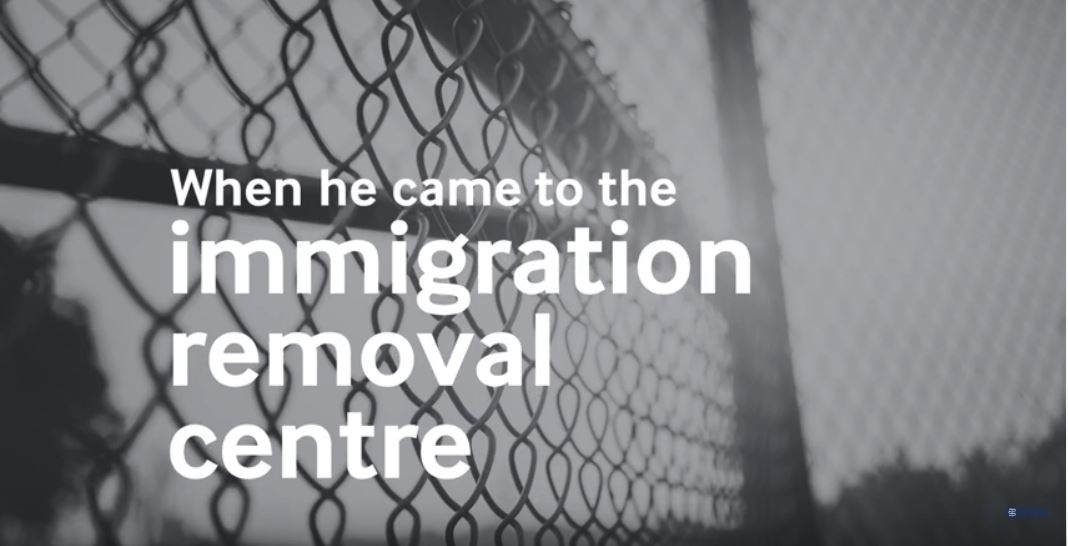
Immigration detention is the practice of detaining migrants and asylum seekers for administrative purposes.
This guidance explores the role of doctors in protecting and promoting the health-related human rights of detained individuals.
It includes guidance on the following ethical issues.
- equivalence of care
- dual loyalties: clinical independence, age disputes,
- removal from the UK, fitness of travel
- use of force and restraint
- use of segregation
- advocating for patients and raising concerns: rule 35, vulnerable individuals
- language and cultural issues
- confidentiality and privacy: health records and confidentiality, disclosing confidential information
- capacity and consent: consent to examination and treatment, patients who lack capacity, food and fluid refusals
- professional isolation and morale.
Immigration detention in the UK
The UK operates one of the largest immigration detention systems in Europe. It holds around 3,500 individuals in 11 immigration removal centres (IRCs) at any one time.
There is no fixed time limit on immigration detention in the UK. This means detention can be for an indeterminate period. Individuals will rarely know the term of their detention.
The BMA believes immigration detention should be phased out, and replaced with more humane means of monitoring people facing removal from the UK.
However, while it continues, there should be a clear limit on the length of time people can be held in detention, and detainees' healthcare rights should not be infringed.
Healthcare in immigration detention
The immigration detention population is diverse, and can present with:
- complex needs
- high rates of mental health problems
- specific vulnerabilities as the result of past traumatic experiences.
Detainees are entitled to the same range and quality of healthcare services as the general public receives in the community.
However, problems with the provision of healthcare in detention persist, particularly in relation to the variability in the range and quality of services and staffing levels between centres.
There are many challenges for doctors working in immigration detention settings, who must meet their patients' needs in an environment that militates against good health and wellbeing.
BMA recommendations
The BMA's report 'Locked up, locked out: health and human rights in immigration detention' makes the following recommendations to Government:
- revise detention policies to address the significant health effects indeterminate detention can have on individuals
- address aspects of the detention environment which affect the health and wellbeing of those detained
- reconfigure current healthcare provision to better achieve equivalence of care
- provide training and continued support in health and wellbeing issues for all those working with detained individuals
- recognise the importance of doctors acting with complete clinical independence and ensure that that principle is enshrined and respected across the immigration detention estate.

